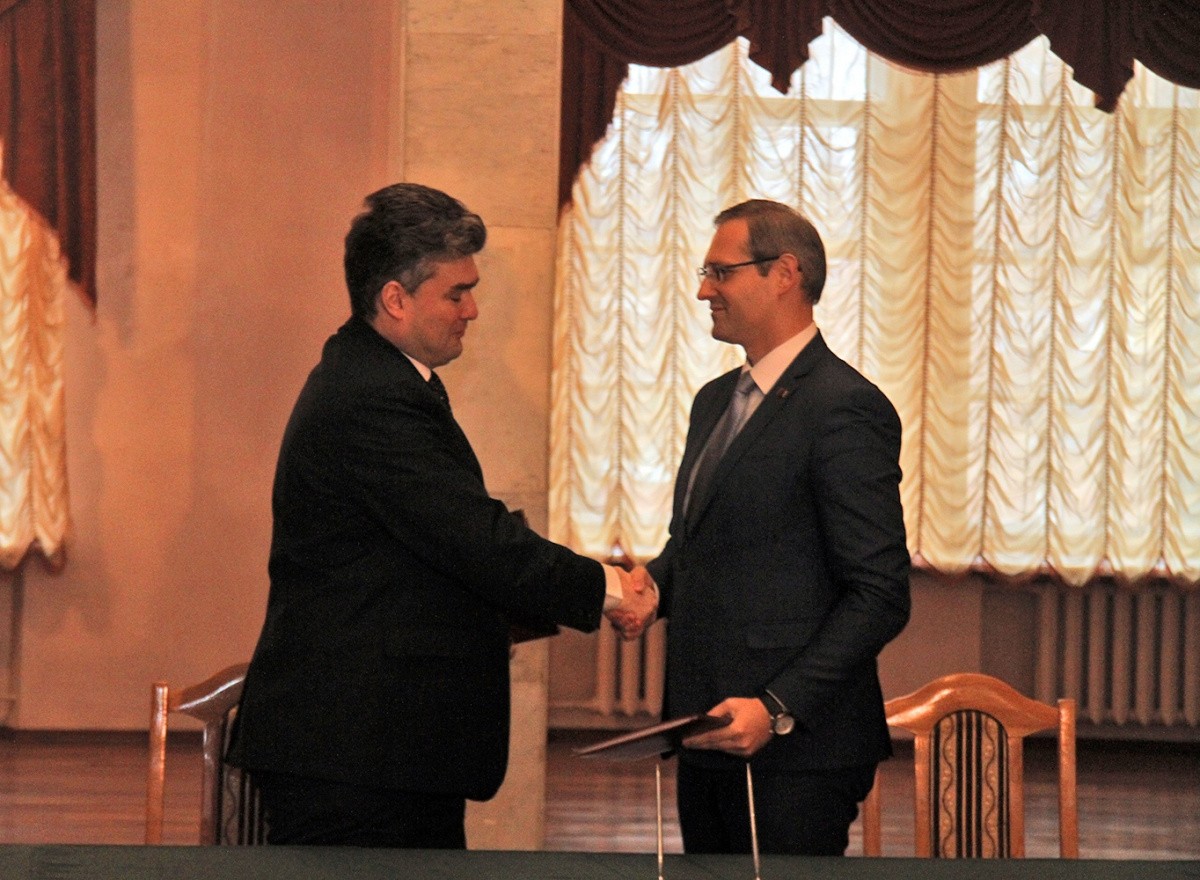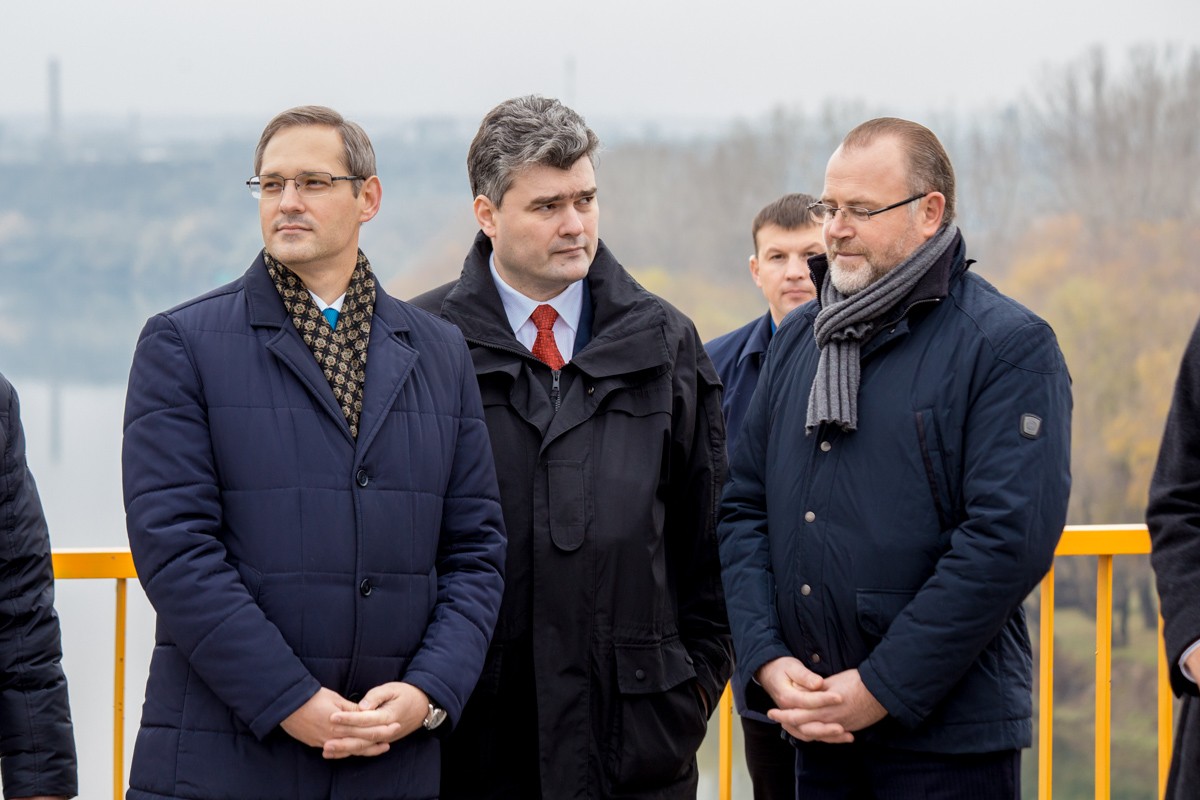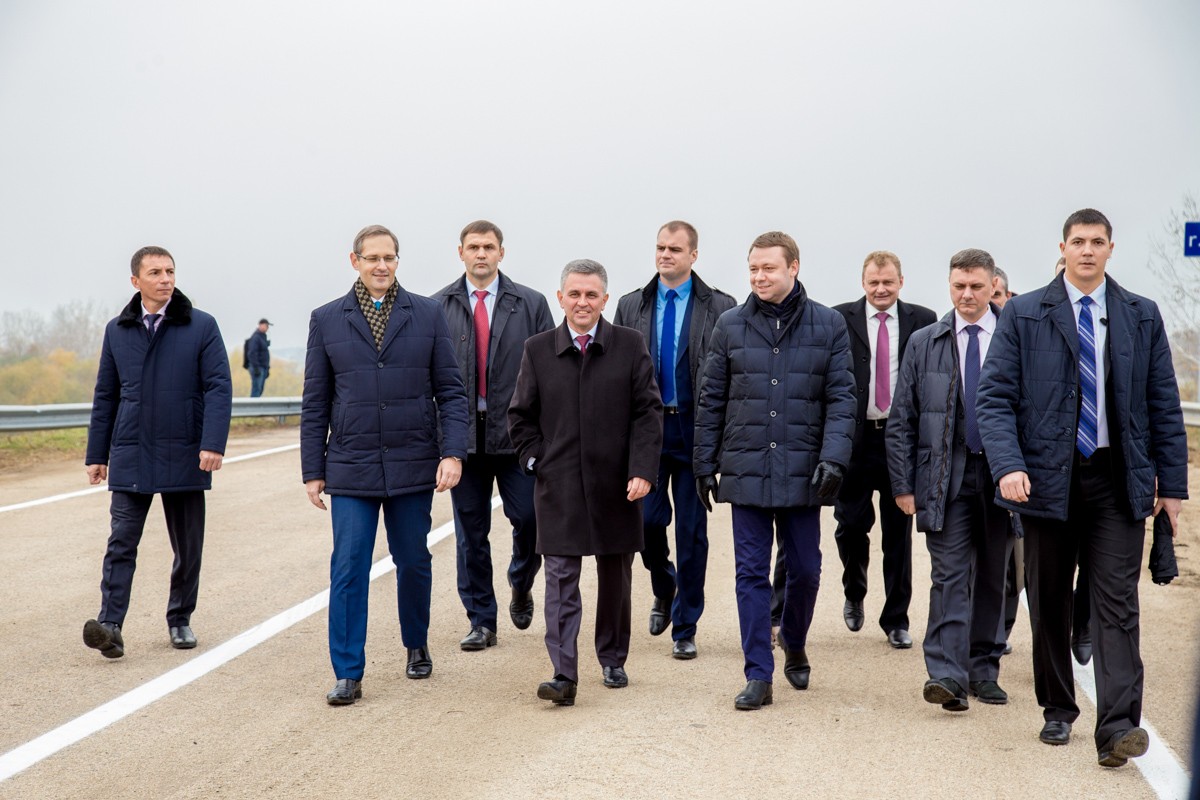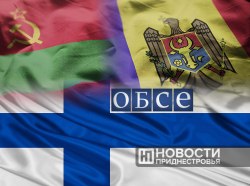The Moldo-Pridnestrovian humanitarian agreements signed in November 2017 have elicited mixed reactions. The public, experts and politicians hastened to interpret in different ways the agreements that got going the work on the conflict issues which had been aggravating the complex relations between Tiraspol and Kishinev. The range of assessments varied from "tactical victories" and "signs of future breakthroughs in bilateral relations" to "betrayal of interests" and "an early discussion of political issues on Pridnestrovie's status".
However, in order to come to an understanding of the events and the essences of things, it is necessary to find answers to systemic issues. What are the advantages of these agreements for Pridnestrovie? What opportunities do they offer to our country? Did we have to sacrifice any pieces on the tactical and strategic field of the negotiating process? And if we did, then which?
It must be borne in mind, at the same time, that problems between Tiraspol and Kishinev had accumulated over the years during the cold phase of the conflict and had been the result of a rigid confrontation between Pridnestrovie and Moldova. And the greater was the confrontation, the deeper these problems sprouted, which created additional difficulties for the citizens of both countries.
Moreover, they relatively quickly transformed from the subject of negotiations into an instrument of pressure and a tool of diplomatic duels. For example, Kishinev had always deemed the issue of Romanian-language schools to be Pridnestrovie's weak point and had never missed an opportunity to use it without caring much about the children attending them. Another issue was the leasing of land by Moldovan farmers in the Dubossary District: the Moldovan authorities had long sought recognition of this land plots as the private property of Moldovan residents, thus defeating Pridnestovie on its own field.
It should also be borne in mind that the agreements are the result of the great work of Pridnestrovie's foreign ministry, the compromise position of both sides and, according to well-informed experts, "the influence of international factors", which have become an indispensable element in Moldo-Pridnestrovian relations.
Let's remember how Moldovan civil activists drew "red lines" last year, urging its government not to engage in any negotiations with Pridnestrovie, which in their view only led to concessions to Pridnestrovie. Judging by the way Kishinev ignored the commitments to address the humanitarian issues identified in the Berlin Protocol, the Moldovan authorities had taken the message of "civil society" as a guide to action.
Flanking manoeuvre
Back in summer, the negotiating process in the "5+2" format was in a stalemate.
The OSCE, whose task is to convene "5+2" meetings, had virtually withdrawn, citing lack of results in the negotiations between Tiraspol and Kishinev. But in November a bridge across the Dnister was opened, and agreements were signed on the issues, the negotiations on which had always ended up in a vicious circle.
To Pridnestrovie's proposals on the participation of its motor transport in international traffic, recognition of its university diplomas, telecommunication issues and the problem of politically motivated prosecution, Moldova responded as a rule with the issue of access of its resident to land plots in the Dubossary District and alleged discrimination of Romanian-language schools in Pridnestrovie.
As a result, the parties went around in circles for years, which was, in fact, to the benefit of the Moldovan authorities. They took advantage of the lack of negotiating results to increase pressure on Pridnestrovie, generating new problems, for example, by establishing a Moldo-Ukrainian customs post at the Pridnestrovian border; to accuse Tiraspol of reluctance to negotiate, seeking to discredit its internationally recognised status of a party to the negotiating process; to avoid the fulfilment of previous commitments.
In the autumn, however, we saw an unexpected turn, which had been carefully elaborated by Pridnestrovie. In an attempt to break the vicious circle and get the negotiating process going, Tiraspol first appealed to the UN and then proposed to open a bridge near the village of Bychok. If earlier these issues had been linked to the participation of Pridnestrovie's motor transport in international traffic, this time Pridnestrovie insisted on the non-military use of the bridge, which was agreed to by Kishinev.
No sooner than the bridge agreement had been signed, the diplomats became the main newsmakers again, having signed a whole set of documents on humanitarian issues.
Battlefield Farmland
As for the land use issue, the parties returned to the 2006 agreement pursuant to which Moldovan residents undertook to register their right to cultivate farmland with Pridnestrovie's relevant authorities. Prior to this, Kishinev had insisted that the Moldovan farmers should be recognised as the owners of those land plots, whereas Tiraspol proposed to conduct a complex audit of those plots for violation of the 2006 agreement and the existing Pridnestrovian legislation.
As a result, the PMR had not recognised the farmers' property rights, and the Moldovan residents have to provide the entire package of documents to the Pridnestrovian authorities, which after detailed examination will decide on the possibility to cultivate certain land plots.
Moreover, the lack of progress on the issue of politically motivated criminal prosecution had always been linked by the Moldovan side with the solution to the land use problem in the Dubossary District. Most of these cases were brought against Ptidnestrovian officials who had allegedly "impeded access" to these land plots to the Moldovan farmers. In fact, our officials acted in accordance with the Pridnestrovian legislation and took measures, recording the violations of the farmers, who worked illegally in our territory.
In other words, the land agreement eliminates the barriers behind which the Moldovan diplomats hid in an attempt to avoid solving the issue of politically charged criminal cases.
"Romanian language embassies"
That's what Romanian language schools in Pridnestrovie are called by their directors. For Kishinev, they are both a political symbol and an instrument in a political game. Moldova is actively using them to accuse Prdnestrovie of discrimination, citing high tariffs on rents and utilities, as well as some alleged impediments to the work of these institutions.
Now the school agreement neutralises one of the sensitive points in the negotiating process. Thus, Moldova will not be able to further speculate on the discrimination theme. On the contrary, now the Pridnestrovian authorities will have grounds to ask when Kishinev will finally fulfil the OSCE; recommendations to legalise these institutions in Pridnestrovie.
In the photo: chief negotiators of Pridnestrovie and Moldova Vitaly Ignatyev and Gheorghe Bălan have signed an agreement to solve issues in the field of public education, telecommunication and agriculture.

Recognition of the university
The apostille recognition of diplomas issued by Pridnestrovian State University, which our diplomats have sought for many years, will open new opportunities for graduate and post-graduate students who want to continue education abroad. Moldova, in fact, recognises, Pridnestrovie's leading university, although so far it has been emphasised there is emigrated Tiraspol Teacher's Training Institute in Kishinev. PSU graduates were proposed to nostrify their diplomas in Moldova by exchanging them for Moldova-issued documents and paying a good sum of money. Now this discriminatory approach is gone.
Two information spaces
The telecommunication agreement will enable Moldovan and Pridnestrovian operators to start settling the entire set of relevant issues. If they succeed, the two telecommunication systems will be able to communicate directly, without intermediaries, which will cheapen telephone calls between Pridnestrovie and Moldova. It can be predicted that with the development of LTE technology, which is actively being implemented in both countries, the subscribers of the Pridnestrovian cellular carrier will be able to use mobile services not only in Ukraine but also in many countries around the world.
Out in the operational space
One more moment. The November agreements were a prelude to an international meeting of the "Permanent Conference..." in Vienna, where a beneficial for Pridnestrovie document was signed. It is aimed at reanimating the main points of the Berlin Protocol, which was sabotaged in 2016 by "red lines" drawn by the so-called Moldovan "civil society".
The parties reaffirmed the commitment to work out a mechanism for the implementation of agreements that would prevent Kishinev from following its preferred tactic — to agree without keeping its word. Without such a mechanism, all signed agreements could be ignored by Moldova, which, it is worth noting, made unprecedented compromises this time, allegedly under the influence of international partners.
In the photo: chief negotiators of Pridnestrovie and Moldova Vitaly Ignatyev and Gheorghe Bălan, as well as the Moldovan prime minister's adviser on security Mihai Godea

Protective reflex
It is no coincidence that the Moldovan diplomats hastened to declare that they had taken all these "small steps" with the sole purpose of starting to discuss the political status of Pridnestrovie. At the same time, there was a news leak about the development of a document, Vision, in Kishinev on the absorption of the PMR. It appears that these activities by our right-bank partners aim to level the effect of the humanitarian commitments they have made and are purely electoral in nature. Moldovan politicians should know that with a degrading state system and divided society Moldova is not capable of implementing a reintegration project, which becomes more ephemeral every year.
Nikolay Syrbu








